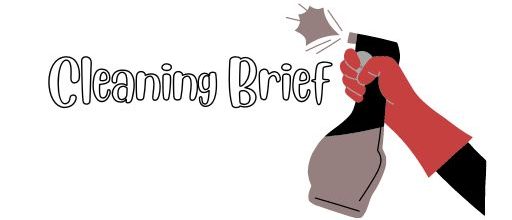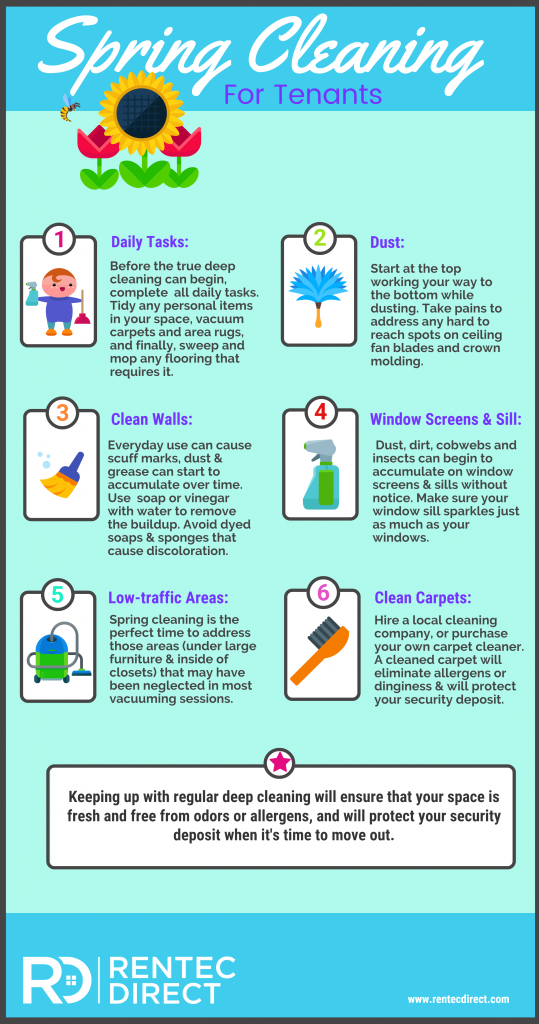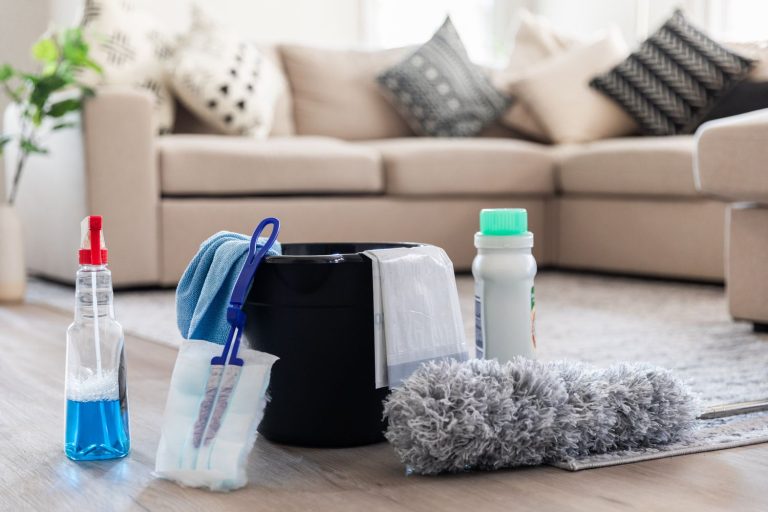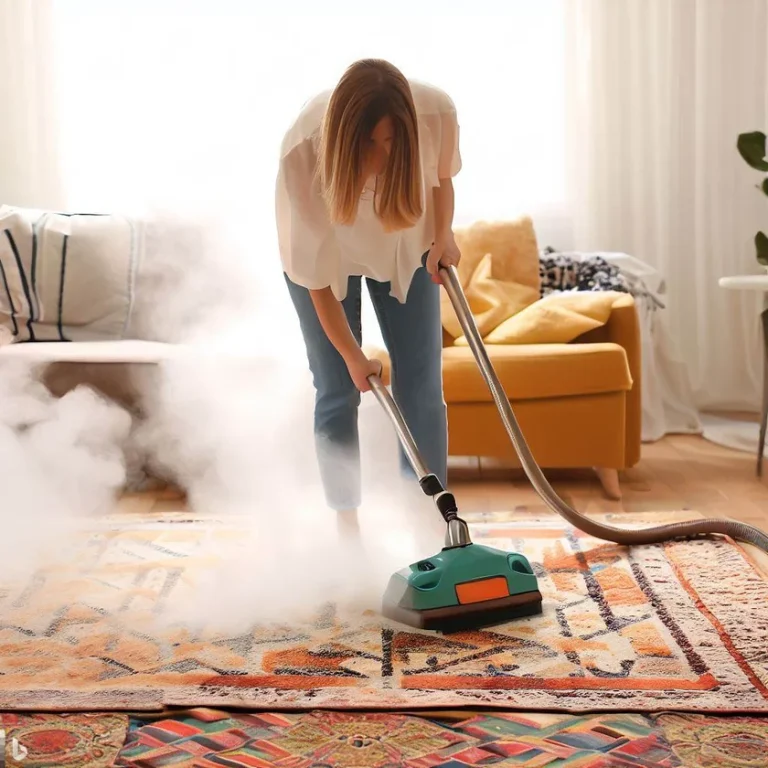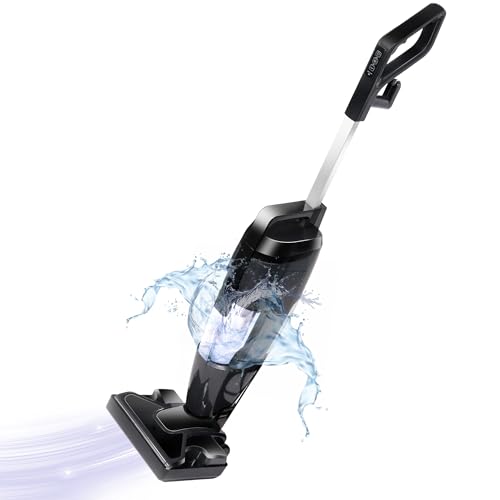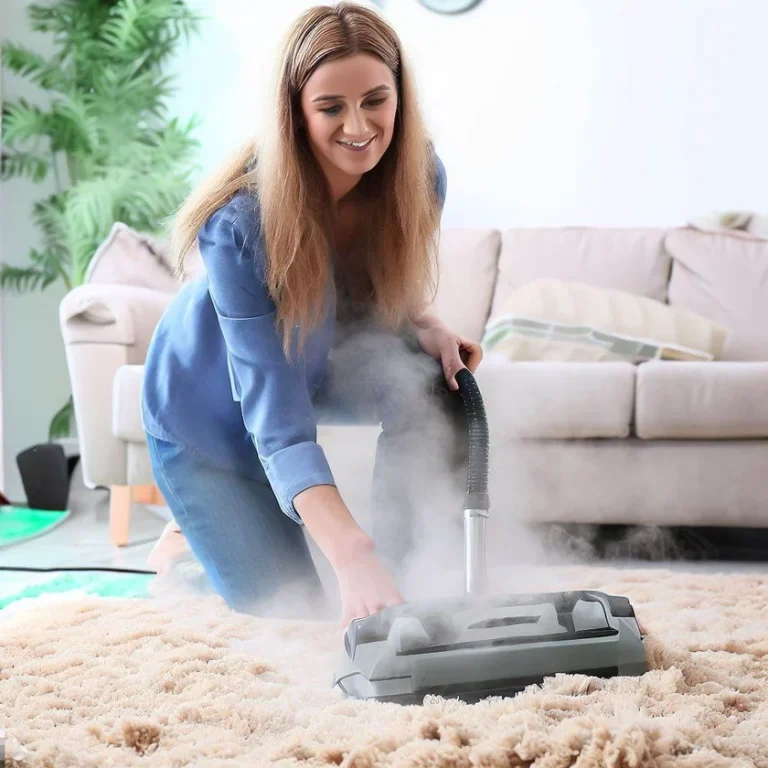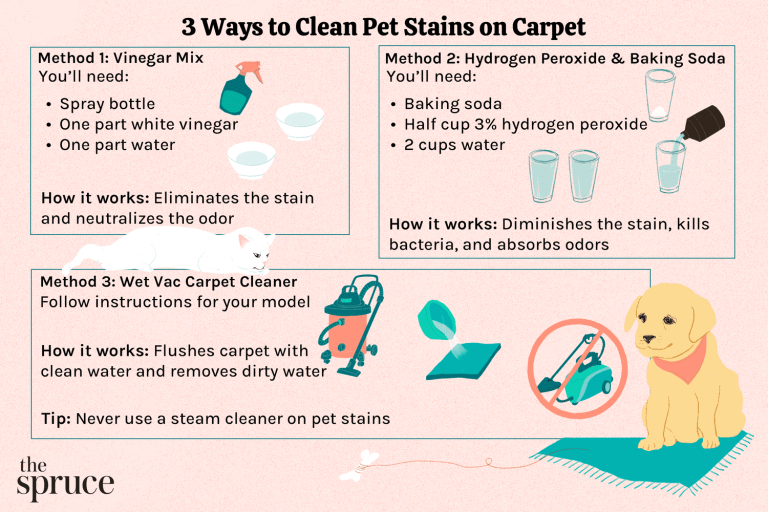How Often Does a Landlord Have to Clean Carpet: Insider Tips!
A landlord should clean the carpet at least once a year to maintain hygiene and prolong its lifespan. As a landlord, ensuring cleanliness and maintenance of rental properties is crucial for tenant satisfaction and the overall condition of the property.
One often overlooked aspect of property maintenance is carpet cleaning. Regular cleaning not only enhances the appearance and freshness of the carpet but also helps to eradicate allergens, bacteria, and odors that can accumulate over time. While there is no set rule governing how often a landlord should clean the carpet, a general consensus among industry experts is that it should be done at least once a year.
However, the frequency may vary depending on the specific circumstances of the rental property, such as the number of tenants, pets, and the overall traffic. We will explore the importance of regular carpet cleaning for landlords and offer insights into determining the appropriate cleaning frequency. By prioritizing carpet cleanliness, landlords can create a healthier and more comfortable living environment for their tenants while enhancing the longevity of their carpet investment.
The Importance Of Regular Carpet Cleaning
Regular carpet cleaning is crucial for both landlords and tenants alike. Not only does it help maintain the aesthetic appeal of the property, but it also plays a significant role in promoting a healthy living environment. In this blog post, we will discuss the importance of regular carpet cleaning for landlords and why it should be a priority.
Preventing Wear And Tear
Regular carpet cleaning is essential for preventing wear and tear on the carpet fibers. Over time, dirt, dust, and debris can accumulate deep within the carpet, causing it to look worn out and dull. By regularly cleaning the carpet, landlords can extend its lifespan, ensuring that it remains in a good condition for longer. This not only saves money on carpet replacement but also helps maintain the overall value and appeal of the property.
Maintaining A Healthy Environment
Another critical reason for regular carpet cleaning is to maintain a healthy environment for both tenants and landlords. Carpets can harbor allergens such as dust mites, pet dander, pollen, and mold spores, which can negatively impact the indoor air quality. By regularly cleaning the carpet, landlords can remove these allergens, reducing the risk of respiratory issues and allergies for the occupants. Additionally, regular cleaning helps eliminate bacteria and germs that may be present on the carpet surface, ensuring a hygienic living environment.
Cleaning carpets regularly not only benefits the tenants but also demonstrates the landlord’s commitment to providing a clean and safe living space. It enhances tenant satisfaction and fosters a positive relationship between the landlord and the tenant.
Legal Requirements For Landlords
As a landlord, it is crucial to understand the legal requirements concerning carpet cleaning in order to provide a healthy and comfortable living environment for your tenants. In this section, we will explore the specific legal aspects that landlords need to consider when it comes to carpet cleaning.
Local Regulations
One of the first things you should take into account are the local regulations regarding carpet cleaning. Different cities and states may have specific rules and guidelines that landlords must follow. These regulations are in place to ensure the well-being of tenants and maintain a safe living space for them.
It is important to research and familiarize yourself with the carpet cleaning requirements in your area. This can typically be done by contacting your local housing authority or checking your city’s official website. By staying up-to-date with the local regulations, you can avoid any legal issues and penalties.
Lease Agreement Stipulations
Another significant factor to consider is the lease agreement stipulations regarding carpet cleaning. The lease agreement is a legal document that outlines the rights and responsibilities of both the landlord and the tenant. It serves as a reference point for resolving any disputes that may arise during the tenancy.
In the lease agreement, you can include specific clauses regarding carpet cleaning. For example, you may stipulate that the tenant is responsible for routine carpet maintenance, such as regular vacuuming and spot cleaning. Additionally, you can include terms about professional carpet cleaning at the end of the tenancy or the frequency at which it should be conducted.
By clearly stating these expectations in the lease agreement, you can ensure that both parties are aware of their responsibilities when it comes to carpet cleaning.
Moreover, it is important to communicate these stipulations to your tenants during the move-in process. This helps set proper expectations and establishes a proactive approach to carpet cleanliness.
In conclusion, as a landlord, understanding the legal requirements for carpet cleaning is essential. By staying informed about local regulations and including specific stipulations in the lease agreement, you can ensure a clean and safe living environment for your tenants.
Best Practices For Landlords
As a landlord, it is essential to maintain your rental property to ensure the well-being and satisfaction of your tenants. One crucial aspect of property upkeep is the cleaning of carpets, which not only contributes to the overall appearance of the rental unit but also plays a significant role in maintaining indoor air quality. Here are some best practices for landlords when it comes to carpet cleaning.
Establishing Cleaning Schedules
Regularly scheduled carpet cleaning is imperative to uphold the cleanliness and hygiene of the rental property. Establishing a consistent cleaning schedule not only helps in maintaining the appearance and condition of the carpet but also prevents the build-up of dirt, allergens, and bacteria that can compromise indoor air quality. As a landlord, it is recommended to set a biannual or quarterly carpet cleaning schedule to ensure that the carpets are adequately maintained.
Choosing Professional Services
When it comes to carpet cleaning, landlords should consider hiring professional cleaning services. Professional carpet cleaning companies have the expertise, equipment, and cleaning products to effectively remove deep-seated dirt, stains, and odors from the carpet. Additionally, professional cleaners can help prolong the lifespan of the carpet and maintain its aesthetic appeal. As a landlord, investing in professional carpet cleaning services demonstrates a commitment to providing a clean and healthy living environment for tenants.

Credit: www.martinezanimalhospital.net
Diy Vs. Professional Carpet Cleaning
When it comes to keeping your carpets clean and fresh, one of the important decisions to make is whether to opt for DIY or professional carpet cleaning. While DIY carpet cleaning may seem like a cost-effective solution, it’s important to weigh the pros and cons before making a decision. Let’s take a closer look at the benefits and drawbacks of each option.
Pros And Cons Of Diy
DIY carpet cleaning offers a sense of pride and accomplishment, as you take matters into your own hands. Here’s a breakdown of the pros and cons involved in DIY carpet cleaning:
| Pros | Cons |
|---|---|
| Cost-effective solution | Limited equipment and expertise |
| Convenience of cleaning at your own pace | Risk of using improper cleaning techniques or products |
| Potential savings on professional cleaning costs | Time-consuming process |
While opting for DIY carpet cleaning might save you some money in the short term, it’s essential to consider the potential risks involved. Limited equipment and expertise can result in using improper cleaning techniques or products, leading to subpar results. Additionally, the process can be time-consuming, especially if you’re dealing with a large area or heavily soiled carpets.
Benefits Of Professional Cleaning
If you want to ensure your carpets receive a deep and thorough clean, professional cleaning may be the way to go. Here are some reasons why professional carpet cleaning is beneficial:
- Expertise: Professional carpet cleaners have the knowledge and experience to tackle even the toughest stains and odors.
- Advanced Equipment: Professional cleaners use high-quality equipment that can effectively deep clean your carpets, resulting in improved hygiene and longevity.
- Time and Effort Savings: Hiring professionals allows you to save time and effort, as they handle the entire cleaning process from start to finish.
- Improved Air Quality: Professional cleaning removes allergens, dust, and pollutants, enhancing the air quality in your space and promoting a healthier environment.
While professional carpet cleaning comes with a cost, the benefits it offers in terms of expertise, equipment, and overall results make it a worthwhile investment. Professional cleaners can provide a thorough and efficient cleaning experience, leaving your carpets looking and feeling rejuvenated.
Dealing With Tenant Concerns
Effective Communication
Clear and effective communication with your tenants is crucial when addressing their concerns regarding carpet cleaning. By establishing open lines of communication, you can ensure that you address any issues promptly and professionally. Encourage your tenants to report any problems or concerns they have about the cleanliness of the carpet, such as stains or odors, so that you can take appropriate action.
Addressing Allergies And Health Issues
Tenant health is another important consideration when it comes to carpet cleaning. Some tenants may have allergies or respiratory issues that can be exacerbated by dirty carpets. It is essential to take these concerns seriously and act promptly to ensure a healthy living environment for all residents. Regular carpet cleaning can help remove allergens, dust mites, and other airborne particles that can trigger allergies or lead to respiratory problems.
To address allergies and health issues, follow these steps:
- Schedule regular professional carpet cleaning to effectively remove allergens and improve indoor air quality.
- Consider using eco-friendly and hypoallergenic cleaning products to minimize the risk of skin irritation or respiratory problems.
Dealing With Tenant Concerns: Key Takeaways
- Effective Communication: Establish open lines of communication with your tenants to address any carpet concerns promptly and professionally.
- Addressing Allergies and Health Issues: Take tenant allergies and health issues seriously by regularly cleaning carpets to remove allergens and improve indoor air quality.
By effectively communicating with your tenants and addressing their concerns related to carpet cleaning, you can maintain a harmonious relationship and ensure a healthy living environment for all residents. Implementing regular cleaning schedules and using appropriate cleaning products will go a long way in keeping your tenants satisfied and maintaining the value of your rental property.

Credit: www.martinezanimalhospital.net

Credit: m.facebook.com
Frequently Asked Questions On How Often Does A Landlord Have To Clean Carpet
How Often Should Landlords Clean Carpet In Rental Units?
Landlords should clean carpet in rental units at least once a year to maintain cleanliness and prolong its lifespan. However, more frequent cleanings may be necessary if there are spills, stains, or heavy foot traffic in the unit.
Why Is It Important For Landlords To Clean The Carpet Regularly?
Regular carpet cleaning by landlords is important to maintain a healthy living environment for tenants. It helps remove dust, allergens, and bacteria that can accumulate over time, improving indoor air quality and reducing the risk of respiratory issues for tenants.
Can Landlords Charge Tenants For Carpet Cleaning?
Yes, landlords can charge tenants for carpet cleaning if it is stated in the lease agreement or if the carpet is damaged beyond normal wear and tear. However, it’s important for landlords to keep records and provide proof of payment for professional cleaning services.
How Can Landlords Clean Carpets Effectively?
Landlords can clean carpets effectively by vacuuming regularly, addressing spills and stains promptly, and scheduling professional deep cleanings when necessary. They can also consider using carpet protectors and implementing a no-shoe policy to minimize dirt and damage to the carpet.
Conclusion
Keep your carpets clean to maintain a healthy and inviting rental space. Regular vacuuming and professional cleanings every 12-18 months can preserve the condition of your carpets. By staying on top of maintenance, you can prolong the lifespan of your investment and keep your tenants satisfied with a fresh and hygienic living environment.
